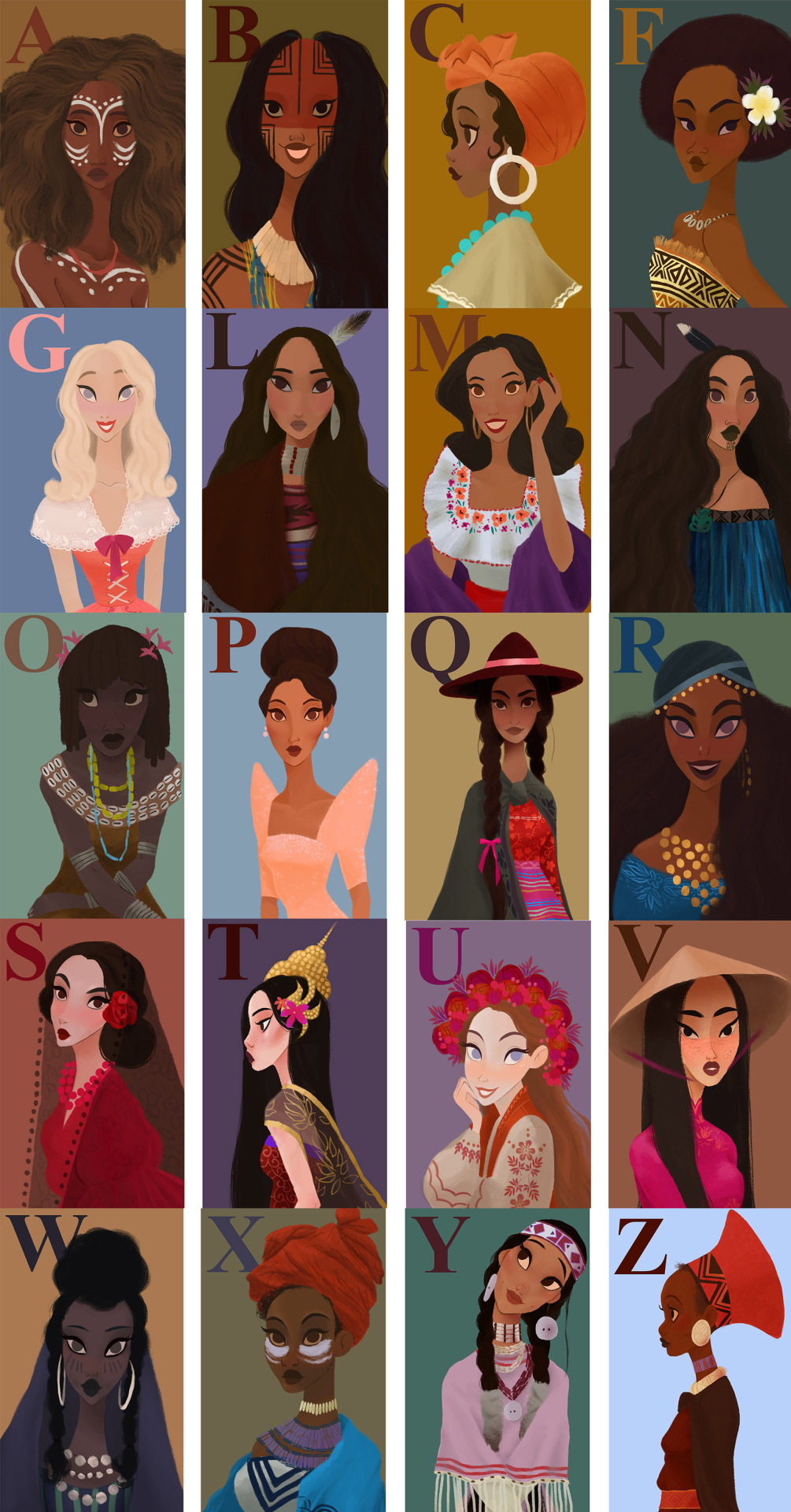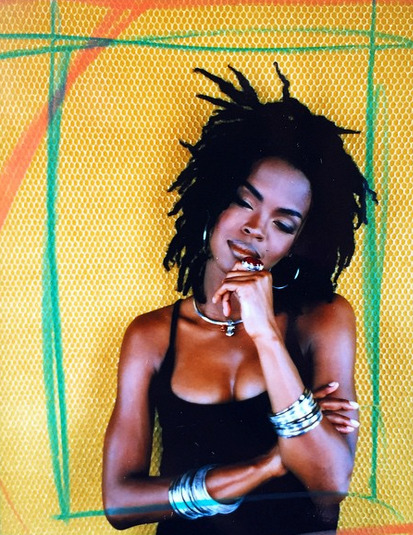Text
When will the white saviour complex end?
Disclaimer: I use the term Africa to mean African countries within the continent. I’m aware it’s problematic but that’s a post for another day. However, I do think it’s important to highlight how the words ‘Africa’ and ‘Europe’ are used in different ways and what this potentially says about international power dynamics...

So, the other day on Twitter I came across this post and it got me thinking about (typically) white, middle-class kids who go to places in the Global South.
Clearly the Instagram caption is a madness, and most reactions were that of shock rather than agreement. Despite this I can’t help but feel as though she’s vocalising what a lot of people who go to places in Africa genuinely feel. I would put money on the fact that a large percentage of people who go to African countries, and other ‘third world’ nations, do so with the mind-set that what they’re about to do is change the lives of those who need help the most.
Issue #1: Moral Duty of the Whites
Inherent in this view is the notion that as a white Westerner you have a moral duty to help the poor, needy people of the Global South. It’s why we have adverts such as ActionAid which show starving African children with a voiceover that pleads with the western viewer to donate money and therefore change African lives. This automatically places the Western viewer in a place of power and perpetuates the narrative that Africans (as though Africa is a country and not a diverse continent) are somehow incapable of looking after themselves.
We can trace this discourse directly back to slavery and the subsequent abolitionist movement. The abolitionist movement sought to get rid of slavery on the grounds that it was morally reprehensible, rather than the fact that slaves were humans who should be afforded universal human rights. This is an important distinction to make as abolitionism was a precursor to colonialism. Missionaries saw it as their moral duty to go to places in Africa and India and civilise the indigenous population. Slavery was abolished, sure, but that didn’t mean that those who were enslaved were fit for Western frameworks of what society should look like.
There are clear parallels between the missionaries of the 19th/20th centuries and those who go to Africa today. Those missionaries went to civilise the ‘savages’ because they were in dire need of help, and people go to Africa today to help the needy because they’re in dire need of help...
Issue #2: The Authentic African Experience
Most trips to these places involve an itinerary that probably involves some sort of community project on one or two days and then a fun excursion on the other days. No issue here, right?
This is where it gets somewhat ridiculous. The way in which the majority of these trips are run makes it seem as though helping to build a well, or a school, or teaching children english is part of the authentic African experience. “Come to Kenya! you can go on a human and wildlife safari... all part of the package when you visit Africa!” - sorry Sharon but helping brown and black kids isn’t an activity to complete in order to get the full experience of being in the ‘third world’.
This isn’t to say that building a well or a school won’t help the lives of those children, but the way in which it’s incorporated makes it seem as though your trip isn’t authentic without this show of charity. This dialogue completely ignores the fact that between 2000-2010, the African middle class has grown from 200 to 300 million people, and is still on the rise. There is a substantial level of wealth within African countries, but obviously that doesn’t fit within the established discourse.
Issue #3: If you didn’t Instagram a picture of you surrounded by African children, did you even go to Africa?
I’ve saved the best til last. This truly is the crème de la crème of ignorance. We’ve all seen those photos but if you’re unsure as to what I mean, I just did a quick google search which should help to clarify things somewhat.

I did a pretty vague search but over half the immediate search results show the same thing: white person surrounded by, or holding, black children. By uploading an image like this, you are doing nothing more than seeking validation and praise for all the good work YOU are doing. This is dubious - if you genuinely cared about the lives of those children, and perhaps wanted to have a photo as a memory, you wouldn’t need to position yourself in the frame.
By positioning yourself in the frame, you have dominated the dialogue and removed the ability of those children to present themselves in their own way, with their own voice, and not in a way that means they have to comply with a Western framework i.e. an Instagram photo. Gayatri Spivak has discussed the idea regarding whether or not the subaltern can speak and it’s worth a read because she discusses how Western journalists take the words of the subaltern and manipulate them into fitting into a Western framework which essentially removes all power the subaltern has. The same is happening here; these children aren’t being presented with any sort of agency but are being used as props for you to get a few likes on social media. This is also reminiscent of how colonial photographs of famine victims resembled images of the British aristocracy.
Does this mean that I can’t go to Africa then?
That’s not what I’m saying. However if all that you’ve taken away from this is a resonating feeling that somehow your freedom is being restricted, then you’ve missed the point completely. The point is that ignorance isn’t acceptable any more. If you’re planning on going to Africa, India or any other country to help the children by building a school, then I would highly recommend doing some reading into the history of our colonial presence and the implications it’s had. After doing so, ask yourself: am i perpetuating a similar discourse? If the answer is yes then it’s probably best that you don’t go.
2 notes
·
View notes
Photo

Women United, by HeySosi in celebration of International Women’s Day 2018.
We asked 18 illustrators & artists to spend 30 minutes creating an image that captures what #IWD means or stands for to them in some way, to be featured as part of a series on Instagram Stories.
384 notes
·
View notes
Video
tumblr
it’s angela davis’s 73rd birthday and here’s just a reminder of her view on non-violence✊🏾✊🏾
34K notes
·
View notes
Photo

ABC project ! Women of the world (Only finished 20/26)
A: Australian Aborigine
B: Brazil (Kayapo)
C: Cuba
D, E: —
F: Fiji
G: Germany
H, I, J, K: —
L: Lakota
M: Mexico
N: New Zealand (Maori)
O: Omo (Ethiopian)
P: Philippines
Q: Quechua (Peru)
R: Romani
S: Spain
T: Thailand
U: Ukraine
V: Vietnam
W: Wodaabe (Niger)
X: Xhosa (South Africa)
Y: Yakama
Z: Zulu
14K notes
·
View notes




